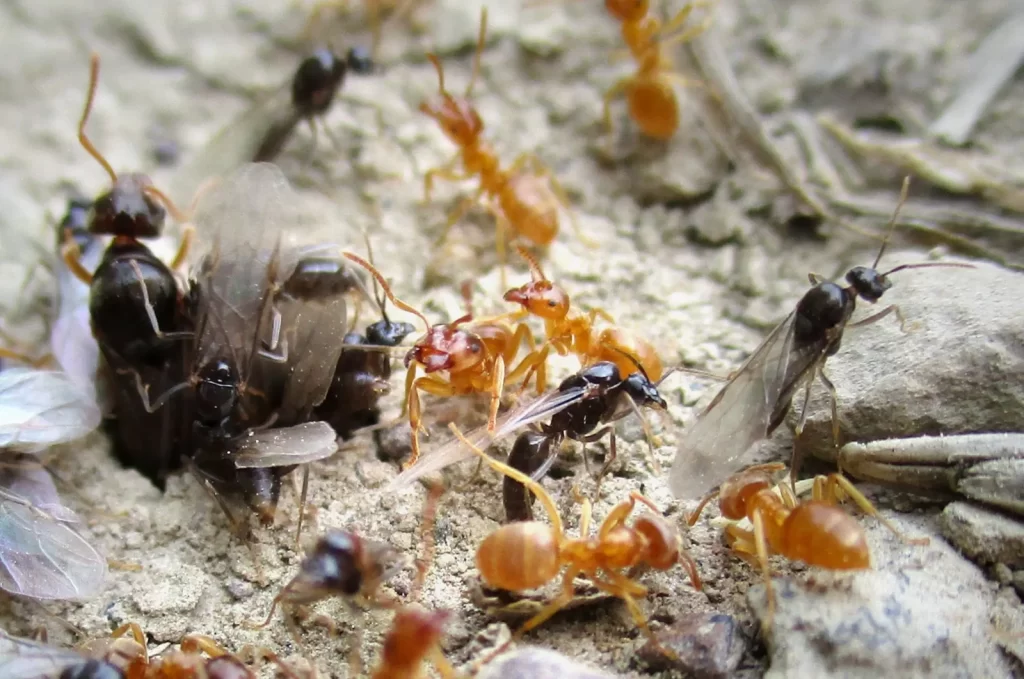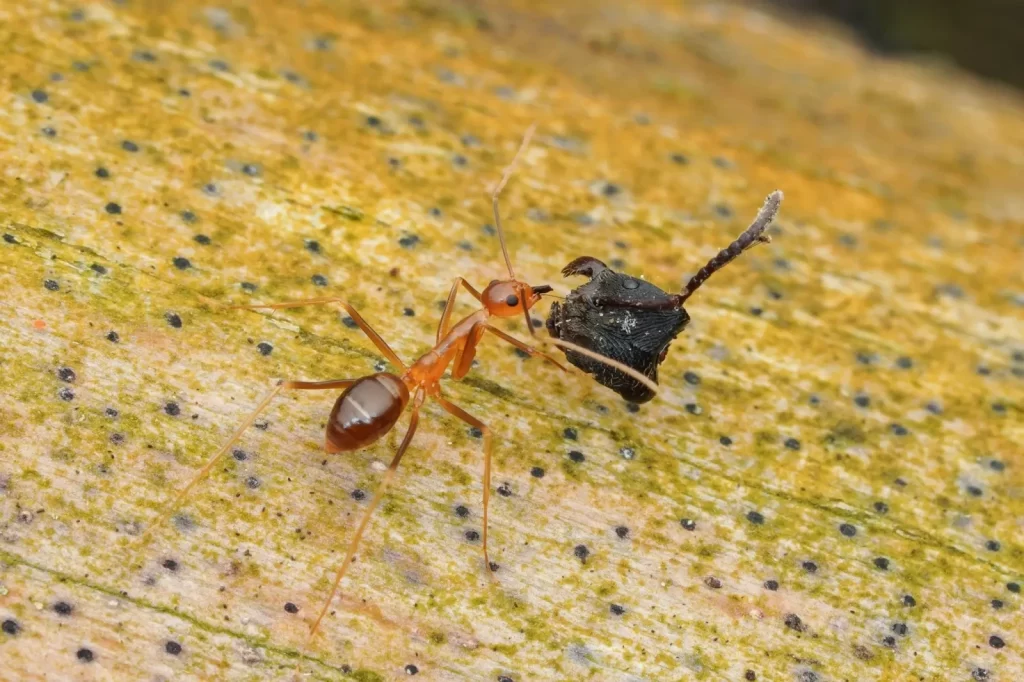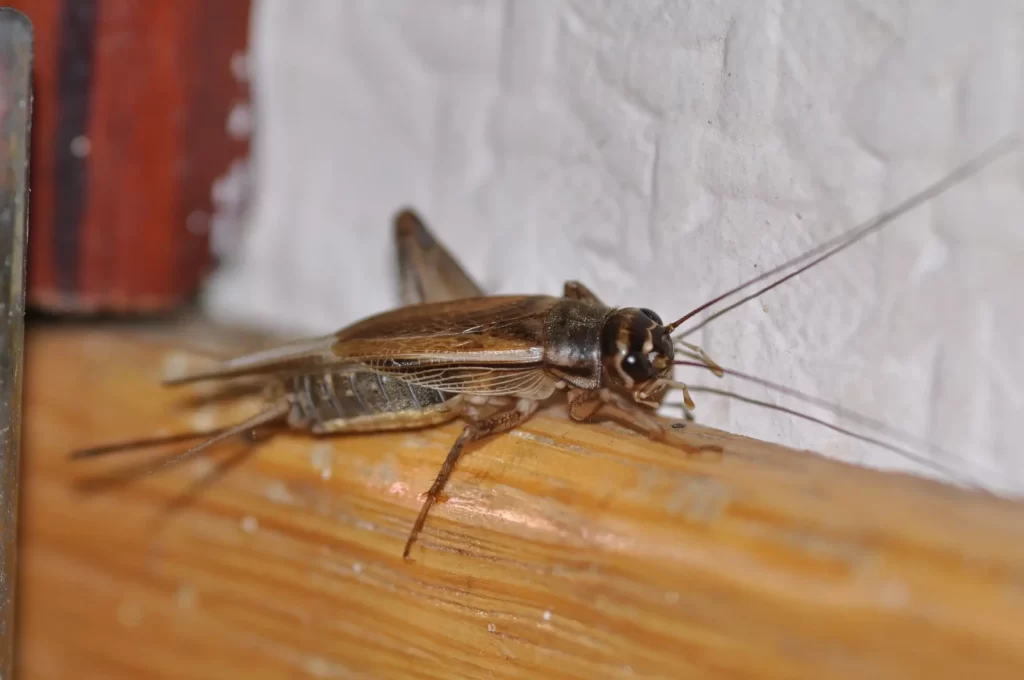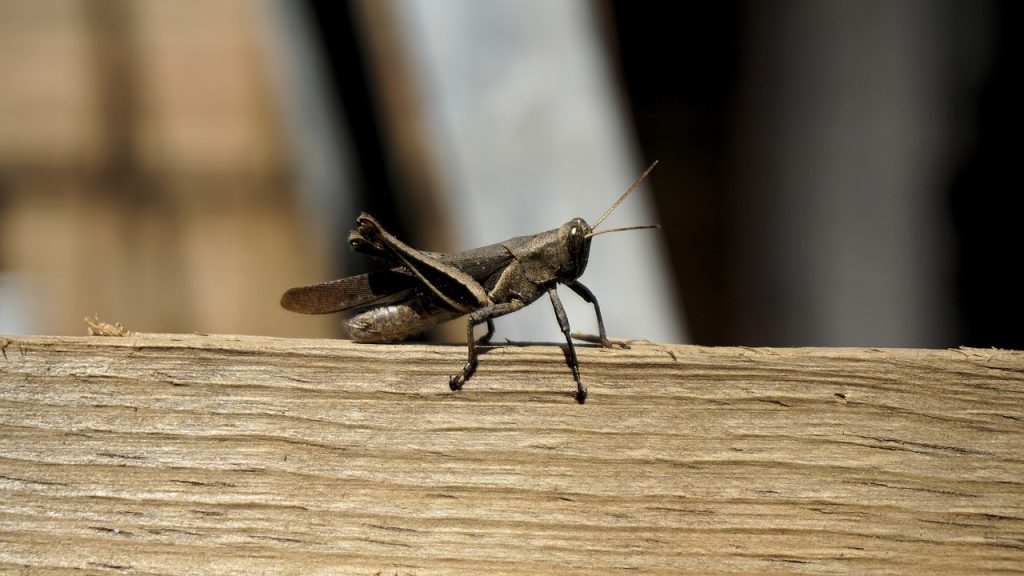Bed bugs are resilient pests known for their ability to survive in various conditions, making them difficult to eliminate once they infest a home. One of the most common questions about bed bugs is how long they can live without food. Understanding their survival tactics and how environmental factors like temperature affect their lifespan is crucial in managing and preventing infestations.
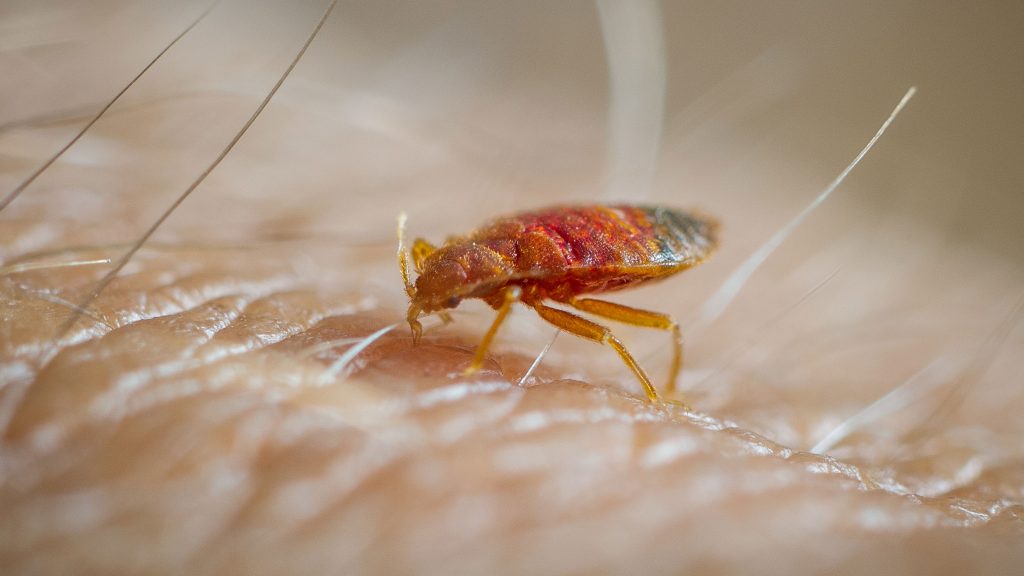
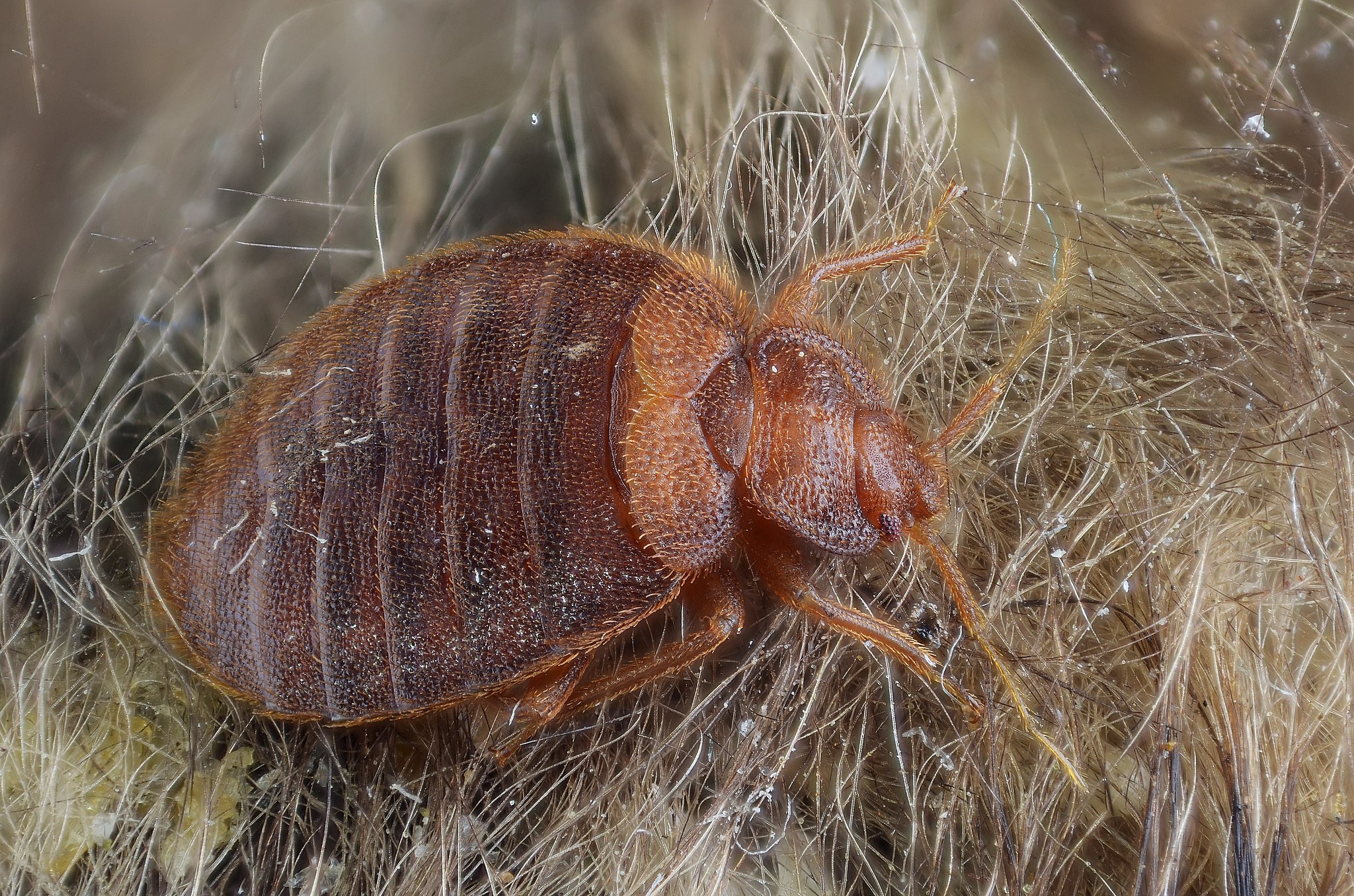 Myths and Facts About Bed Bug Survival Without Food
Myths and Facts About Bed Bug Survival Without Food
How Long Can Bed Bugs Live Without Food?
Bed bugs consume human blood, and they typically need a blood meal every 5 to 10 days. However, bed bugs are remarkably adaptable and can survive for extended periods without feeding. Under ideal conditions, bed bugs can live without food for up to 20 weeks. During this time, they enter a state of dormancy, reducing their metabolic rate to conserve energy. In this dormant state, bed bugs can survive by minimizing their movement and waiting for a suitable host to come near. This ability to go without food for months makes bed bugs particularly challenging to eliminate, as they can hide in cracks, crevices, and furniture seams, waiting for the right opportunity to feed again.
How Long Do Bed Bugs Live Without Food in Hot Weather?
Temperature significantly impacts how long bed bugs can survive without food. In warmer climates, bed bugs tend to be more active, which increases their metabolic rate and decreases their ability to survive without a blood meal. In hot weather, bed bugs may only survive for about 2 to 3 months without food, compared to the 5 months they can endure under cooler conditions. High temperatures also accelerate the bed bug life cycle, leading to more frequent feeding. However, extreme heat, such as temperatures above 118°F (48°C), can be lethal to bed bugs, killing them within minutes. This is why heat treatments are often used as a method of bed bug extermination.Practical Tips for Managing Bed Bugs
Being aware of how long bed bugs can live without food helps in devising effective strategies to manage and eliminate them. Here are some practical tips:- Heat Treatment: Bed bugs are vulnerable to high temperatures, so heat treatment can be a great way to eliminate them. Washing and drying infested bedding, clothing, and other fabrics on high heat can kill bed bugs at all stages of their life cycle.
- Regular Inspections: Since bed bugs can survive for long periods without feeding, it’s important to conduct regular inspections, especially in mattresses, bed frames, and furniture.
- Sealing Cracks: To prevent bed bugs from finding places to hide and wait for their next meal, seal cracks and crevices in walls, floors, and furniture. This reduces the number of potential hiding spots and makes it easier to manage an infestation.
 Myths and Facts About Bed Bug Survival Without Food
Myths and Facts About Bed Bug Survival Without Food
| Myths | Facts |
| Bed bugs die quickly without food. | Bed bugs can live up to five months without a blood meal. |
| Bed bugs can’t survive in hot climates. | Bed bugs can survive in hot weather but may have a shorter lifespan without food. |
| Starving bed bugs is an effective way to eliminate them. | Bed bugs can go dormant and wait for months for their next meal. |
| Bed bugs only feed at night, so they won’t survive long without a host. | Bed bugs can adapt their feeding habits and survive long periods without a meal. |
| All bed bugs will die if a house is left empty for a few weeks. | Bed bugs can manage to live for several months without a host. |
